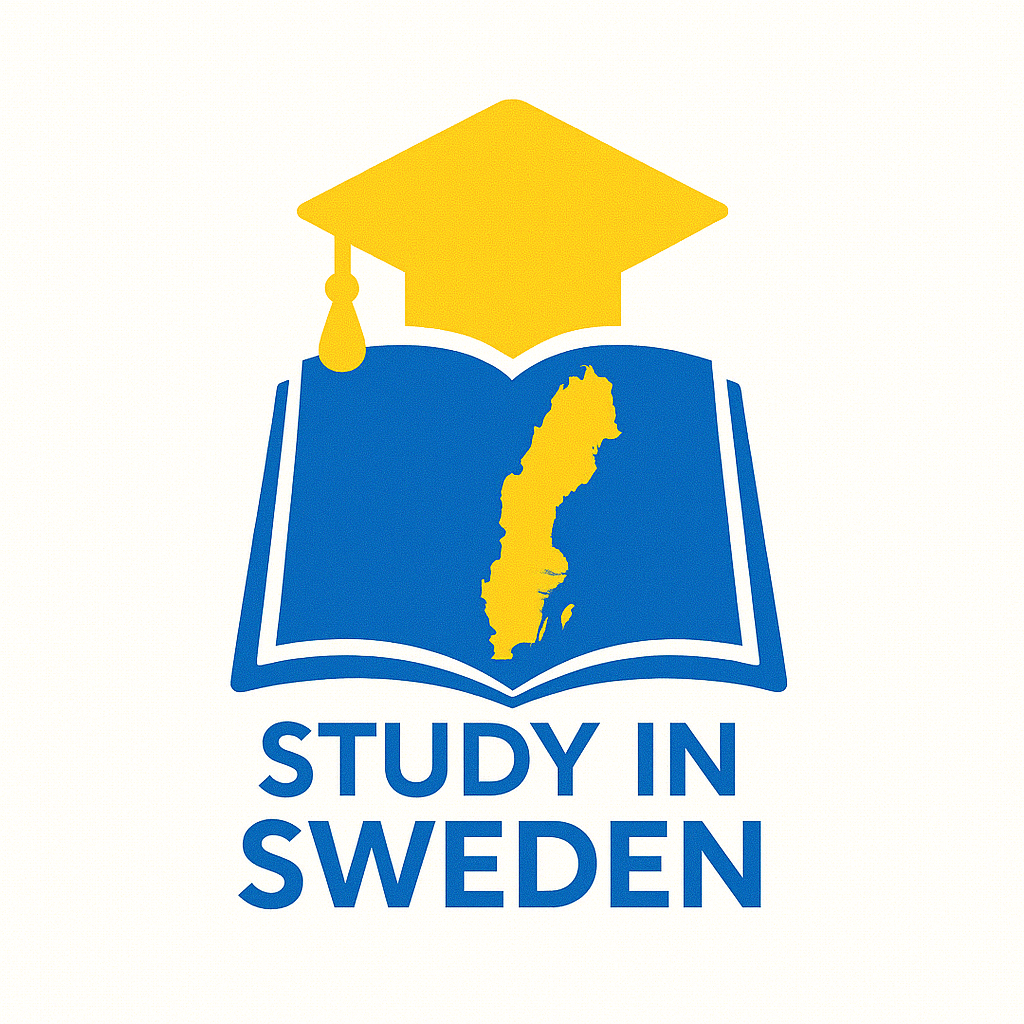Overview of Applying for Research Grants in Sweden: A Guide for International Researchers and Education Professionals
Quick Navigation
- Key Funding Bodies in Sweden for Research Grants
- Eligibility Requirements for Research Grants in Sweden
- The General Application Process for Research Grants in Sweden
- Specific Steps to Successfully Apply for Research Grants in Sweden
- Additional Best Practices and Tips for Education Professionals
- How Study in Sweden Supports Researcher Recruitment and Grant Application Success
- Conclusion
Key Funding Bodies in Sweden for Research Grants
Sweden’s research funding ecosystem is anchored by public agencies that support diverse scientific disciplines and thematic research. Recognizing the leading funding bodies is essential for aligning research objectives with appropriate grant opportunities.
Swedish Research Council (Vetenskapsrådet)
- Role: The principal public agency funding research across all scientific fields in Sweden.
- Funding Opportunities: Offers calls for individual and institutional projects, thematic programs, and infrastructure development.
- Application Cycles: Calls are announced periodically, often several months ahead of deadlines.
- Significance: Provides substantial funding, making it a primary target for researchers seeking grants.
Specialized Agencies
- Examples: Institute for Evaluation of Labour Market and Education Policy (IFAU), among others.
- Focus Areas: Targeted themes such as labor market research, education policy, and sector-specific scientific fields.
- Procedures: Each agency has tailored application requirements and evaluation criteria.
- Importance: Enable researchers to find niche funding aligned with specialized research topics.
Eligibility Requirements for Research Grants in Sweden
Before applying, applicants must meet specific eligibility criteria which ensure that funded projects are viable and aligned with institutional standards.
Doctoral Qualification
- Requirement: Most Swedish research grants require applicants to hold a doctoral degree.
- Implication: International candidates should have completed their PhD or equivalent to be considered.
- Support: Candidates without a doctorate typically need to pursue that qualification first or seek alternative funding.
Employment with an Approved Institution
- Condition: Applicants must be employed or have an employment offer from a Swedish university or an approved research administering organization during the grant period.
- Rationale: Ensures proper administration and oversight of the funded project.
- Recruiter Insight: Facilitate connections between international researchers and Swedish institutions to fulfill this requirement.
Project Relevance
- Alignment: Projects must be scientifically rigorous and relate to societal goals specified by the funding agency.
- Evaluation Focus: Both scientific quality and the potential societal impact are critical for success.
- Advisory Note: Recruiters and admissions teams should emphasize the importance of aligning proposals with funders’ thematic priorities.
The General Application Process for Research Grants in Sweden
The application process involves submitting detailed documentation that conveys the feasibility and significance of the research proposal. Below is an overview of the main components.
Application Form Completion
- Utilize the funding agency’s designated forms, usually accessible via official portals.
- Carefully adhere to formatting and submission guidelines to avoid disqualification.
Crafting a Comprehensive Project Description
- Research Objectives and Questions: Clearly define the goals and hypotheses.
- Novelty and Value: Explain how the project advances knowledge beyond existing research.
- Policy and Societal Relevance: Address how the research meets societal needs or informs policy.
- Methodology and Work Plan: Outline the study design, timeline, and implementation strategy.
- Ethical Considerations: Declare any requirements for ethical review or approvals.
Detailed Budget Planning
- Break down expected costs, including personnel salaries, equipment, materials, and travel.
- Justify each expense and indicate any anticipated co-funding or external contributions.
- Provide annual budget distributions for multi-year projects.
Curriculum Vitae and Qualifications
- Present detailed CVs for the principal investigator and research team.
- Highlight relevant education, experience, honors, and publication records.
Specific Steps to Successfully Apply for Research Grants in Sweden
Navigating the application timeline and procedural details is pivotal for maximizing chances of success.
- Monitor Calls for Proposals Regularly: Stay updated on announcements from primary funding bodies like the Swedish Research Council and specialized agencies. Pay attention to deadlines and thematic focuses.
- Prepare Required Documentation Thoroughly: Collect and organize all necessary materials according to each funder’s specifications. Ensure compliance with length restrictions, format, and evaluation criteria.
- Submit Applications Electronically: Utilize the funding agency’s online submission portals. Confirm receipt and follow up as required.
- Address Ethical Review Requirements: Transparently disclose ethical considerations. Obtain necessary approvals from the Swedish Ethical Review Authority where applicable.
- Await Assessment and Feedback: Applications undergo rigorous evaluation based on scientific merit, relevance, feasibility, and team competence. Be prepared for possible resubmissions or clarifications.
Additional Best Practices and Tips for Education Professionals
Supporting researchers through the grant application process can be greatly enhanced by implementing best practices:
- Strict Adherence to Guidelines: Encourage candidates to meticulously follow each funding program’s instructions to avoid common pitfalls.
- Highlighting Societal Impact: Assist researchers in articulating the real-world implications and policy relevance of their work.
- Engaging with Information Sessions: Recommend participation in workshops or webinars conducted by funding agencies to clarify expectations.
- Facilitating Institutional Connections: Aid in building collaborations with Swedish host institutions to satisfy eligibility and administrative requirements.
How Study in Sweden Supports Researcher Recruitment and Grant Application Success
At Study in Sweden, we pride ourselves on our leadership in international recruitment and the provision of solutions that streamline application processes for universities and agencies alike. We understand the complexities of Sweden’s research funding landscape and offer tailored services that:
- Connect international researchers with Swedish universities to meet employment eligibility requirements.
- Provide guidance on funding opportunities and application best practices.
- Enhance collaboration between admissions teams, recruiters, and researchers through centralized communication platforms.
Our expertise ensures that education professionals and international researchers are well-equipped to navigate Sweden’s competitive research grant environment confidently.
Conclusion: Partner with Study in Sweden for Comprehensive Research Grant Support
Applying for research grants in Sweden requires thorough preparation, adherence to specific eligibility criteria, and strategic alignment with funding body priorities. For international recruiters and education professionals, staying informed and leveraging specialized support is vital to facilitating researcher success.
Study in Sweden offers unparalleled expertise and a deep understanding of Sweden’s education and research ecosystems. By partnering with us, your institution or agency can deliver exceptional support to international researchers and ensure seamless application experiences.
Contact us today to discover how collaborating with Study in Sweden can elevate your recruitment strategies and strengthen your researchers’ prospects in securing coveted Swedish research grants.
Take the Next Step with Study in Sweden
Ready to take your research ambitions to the next level in Sweden? Explore further with us:

